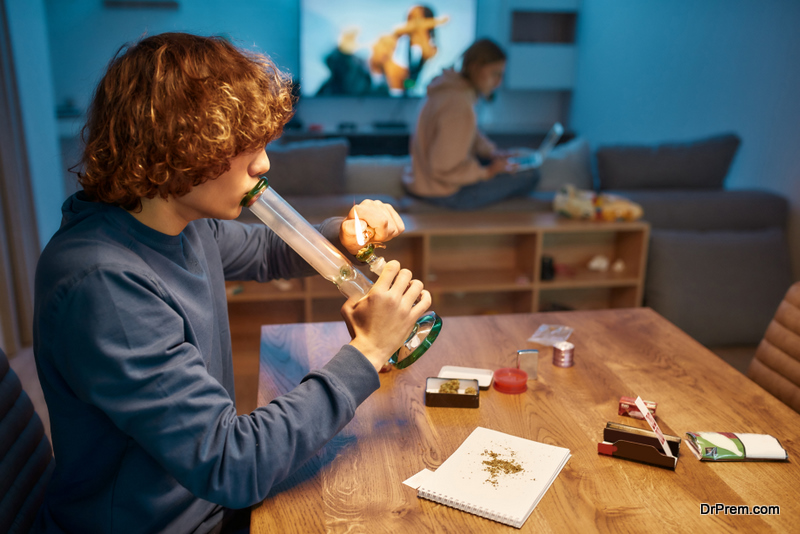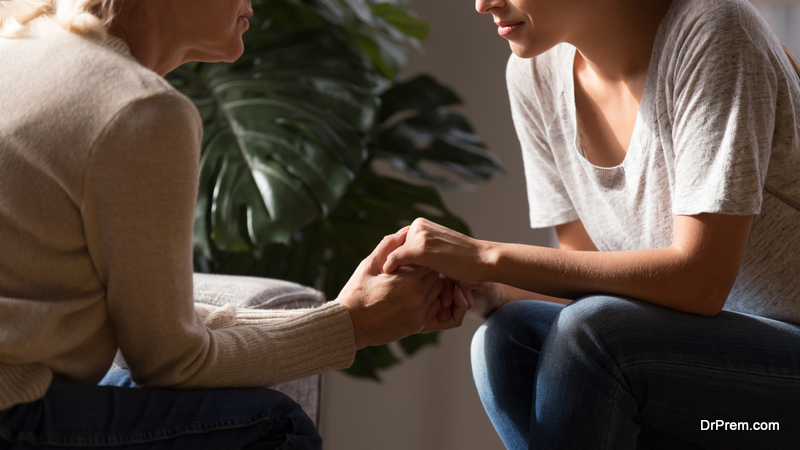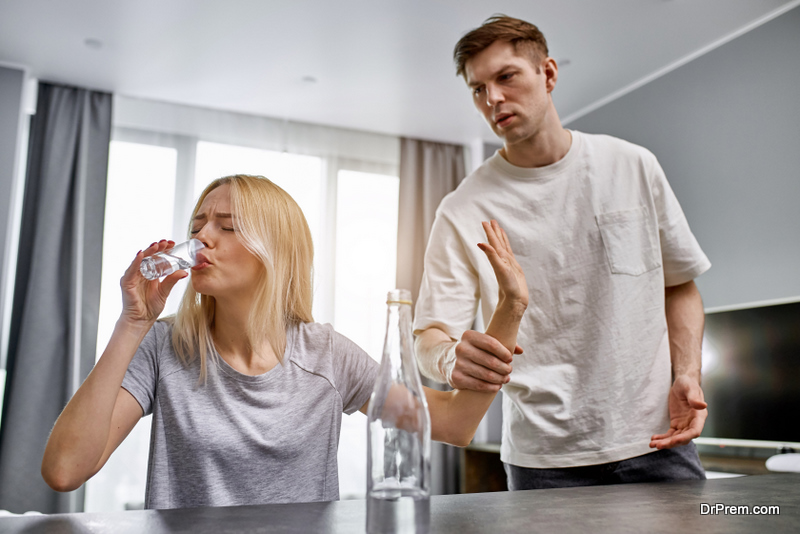It is human nature to help people, especially those close to us. Every parent wants the best for their child, and spouses want their partners to be happy. Despite that, when drug and alcohol addiction get in the way, the line between enabling and loving gets blurry. It is hard to define what actions you can take to show you care and what to do to ensure your loved one gets help. It is normal for one to try and do all they can to see their loved ones recover from an addiction. However, how can you tell that your affection is turning into enabling?
The Road to Enabling
 Every parent dreams of raising a great child who will grow up and make something out of themselves. On the other hand, partners dream of living a long and fulfilling life with their loved ones. In these visions, no one plans to deal with drugs, alcohol, and substance abuse. This is because no one wants to see a partner struggle with addiction. Unfortunately, the sad reality is that about 10% of Americans have struggled with addiction at one point in their lives.Drug and alcohol abuse starts slowly and gradually becomes a full-blown issue when someone fails to get help.
Every parent dreams of raising a great child who will grow up and make something out of themselves. On the other hand, partners dream of living a long and fulfilling life with their loved ones. In these visions, no one plans to deal with drugs, alcohol, and substance abuse. This is because no one wants to see a partner struggle with addiction. Unfortunately, the sad reality is that about 10% of Americans have struggled with addiction at one point in their lives.Drug and alcohol abuse starts slowly and gradually becomes a full-blown issue when someone fails to get help.
The moment a parent or a partner notices their loved one is struggling, they try their best to get rid of the problem. However, as drug use and drinking continues, parents and partners may realize that they cannot do much to prevent the issue. Instead, they try to do things that keep their loved ones from dealing with the consequences of their problems. These actions are fuelled by fear as they try to control the situation because they know the effects of drugs and alcohol can turn ugly. This is where the dynamics of their relationship start to shift. Unhealthy behaviours start arising, and actions that were once considered loving turn into enabling.
The Enabler and The Enabled
In most cases, you will find that enablers are parents and partners. However, siblings and friends can be enablers as well. What an enabler does is take responsibility for the actions of their loved one. For instance, your friends get arrested for driving under the influence of alcohol or having drugs with them. You, as a friend, bail them out without questioning their actions. This creates a pattern where your loved one keeps making mistakes, but they are not held accountable for their actions.
Identifying Enabling Behaviour
 The transition from enabling to love happens gradually, making it hard for one to notice until it is late. It is simple things like avoiding the subject of abuse to keep the peace and making excuses for the loved one, which prevents accountability. You might think that enabling help, but what it does is actually make things work. That is why you need to research how to help someone abused, including looking for rehab centres. It will also help if you learn more about drug and alcohol recovery to offer practical help.
The transition from enabling to love happens gradually, making it hard for one to notice until it is late. It is simple things like avoiding the subject of abuse to keep the peace and making excuses for the loved one, which prevents accountability. You might think that enabling help, but what it does is actually make things work. That is why you need to research how to help someone abused, including looking for rehab centres. It will also help if you learn more about drug and alcohol recovery to offer practical help.
Overcoming Enabling
For your loved one to get better, you need to overcome enabling behaviour. That means setting boundaries and ground rules. This does not mean you do not care. You can still show support and not enable. Note that it may be hard for you to stop enabling. For instance, as much as the conversation on addiction and recovery may not be easy to have, take the step to address it and tell your loved one to get help.
At times, you might have to step back from a situation and let your loved ones face the consequences of their actions. That does not mean you are neglecting them. It just means that you stop any action that makes someone using alcohol and substances not be accountable for their actions.
Article Submitted By Community Writer




